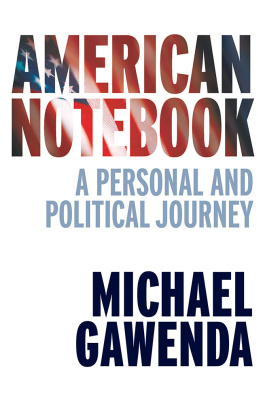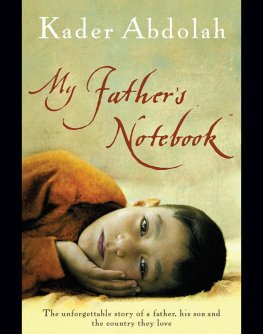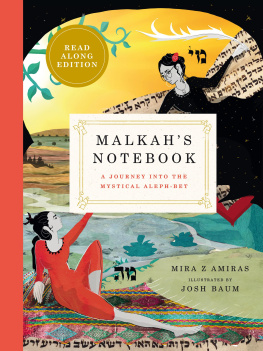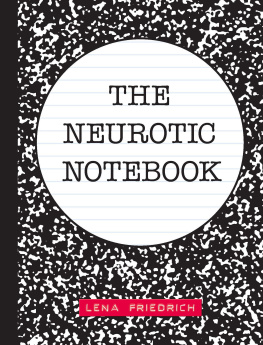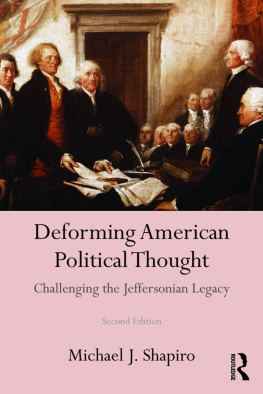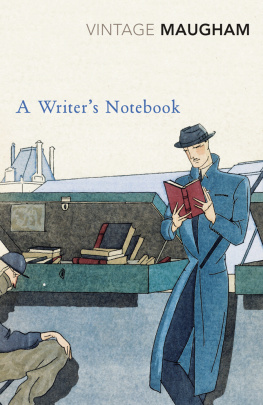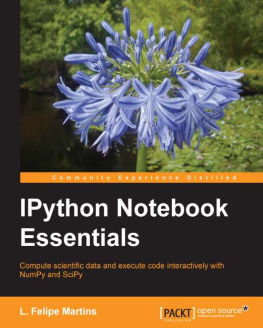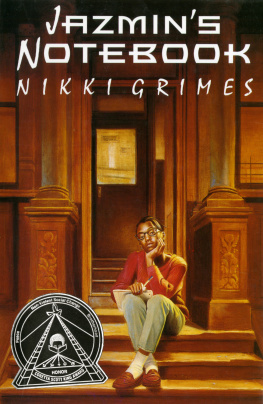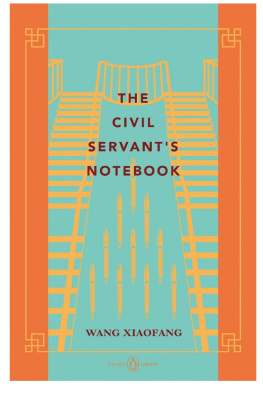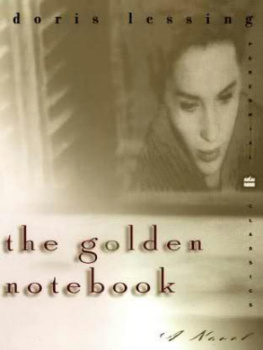American Notebook
American Notebook
A Personal and Political Journey
Michael Gawenda
MELBOURNE UNIVERSITY PRESS
An imprint of Melbourne University Publishing Ltd
187 Grattan Street, Carlton, Victoria 3053, Australia
mup-info@unimelb.edu.au
www.mup.com.au
First published 2007
Text Michael Gawenda 2007
Design and typography Melbourne University Publishing Ltd 2007
This book is copyright. Apart from any use permitted under the Copyright Act 1968 and subsequent amendments, no part may be reproduced, stored in a retrieval system or transmitted by any means or process whatsoever without the prior written permission of the publishers.
Excerpt from Rocky Mountain High : Words and Music by John Denver and Mike Taylor. Copyright 1972; Renewed 2000 Cherry Lane Music Publishing Company, Inc. (ASCAP).
Dimensional Music Of 1091 (ASCAP), Anna Kate Deutschendorf, Zachary Deutschendorf and Jesse Belle Denver for the U.S.A. All Rights for Dimensional Music Of 1091, Anna Kate Deutschendorf and Zachary Deutschendorf Administered by Cherry Lane Music Publishing Company, Inc. (ASCAP). All Rights for Jesse Belle Denver Administered by WB Music Corp. (ASCAP). All Rights for the World excluding the United States Administered by Cherry Lane Music Publishing Company, Inc. (ASCAP). International Copyright Secured. All Rights Reserved.
Excerpt from Love Me Tender : Words and Music by Elvis Presley and Vera Matson. Copyright 1956; Renewed 1984 Elvis Presley Music (BMI). Worldwide Rights for Elvis Presley Music Administered by Cherry River Music Co. International Copyright Secured. All Rights Reserved.
Cover design by Design by Committee
Text design by Alice Graphics
Typeset by Midland Typesetters, Australia
Printed in Australia by Griffin Press, South Australia
National Library of Australia Cataloguing-in-Publication data:
Gawenda, Michael.
American notebook : a personal and political journey.
Bibliography.
Includes index.
ISBN 9780522852530.
1. Gawenda, Michael. 2. Foreign correspondents Australia
Biography. 3. United States Politics and government
2001 . I. Title.
070.4332092
This project has been assisted by the Australian Government through the Australia Council, its principal arts funding and advisory body.
For Anne, Evie and Chasky
Contents
Acknowledgements
T HIS book is not a polemic, nor is it a work of history or political science. It is one journalists view of the Bush years and of America at this crucial time in its history. It is also about how my fantasies of the place matchedor didntthe realities I found living there. It is, I hope, a peculiarly Australian story.
It would not have been written without the encouragement of its commissioning editor at MUP, Sybil Nolan. It was her idea, and as the book evolved in the writing, she encouraged me to go where it was taking me. She has been a great editor and a great supporter of this book. For all that, I am very grateful. Thanks also to the rest of the team at MUP.
James Button has read the various drafts and has always responded with enthusiasm and, more importantly, with constructive criticism. Offering feedback to a friend and colleague is not easy, but James managed it with sensitivity without, I hope, pulling his punches.
There were many other people who encouraged me and offered me advice and information. They know who they are and I thank them all.
As for my family, this book would not have been completed without their support. My wife Anne and my children Evie and Chasky read and reread the drafts of the book many times. They offered their advice fearlessly. They understood when I was despairing. They believed in me and the project always. They were magnificent.
Prologue: Inauguration Day 2005
O N THIS COLD January day in 2005, on the makeshift stage in the flag-decked square beside Capitol Hill, the winner and the loser in the previous Novembers presidential election sat only metres apart. George W. Bush looked triumphant, with wife Laura beside him, her slightly fixed smile suggesting both strain and pleasure. As he surveyed the scene across the expanse of this imperial square, there was the eyes-too-close-together bewilderment, the can this really be me look that Bush can never quite hide. The hard-drinking, hard-living Texas wild boy did not die when he was born again. It is surprising how often George Bush looks like a startled boy.
His vanquished opponent sat alone several rows back from Bush, wrapped in his overcoat, his long face fixed in a grimace, with only the downward sloping lines around his mouth a pointer to his disappointment. Nothing can quite match the mixture of humiliation and anger that an election bestows upon the loser, and it seemed that John Kerry had decided there was no point hiding how he felt. Did he remember election night as he sat there, when the exit polls pointed to victory and, across the country, Democrats began to celebrate the end of their dog days? When it seemed that there was justice and that the election stolen from them in 2000 could be, if not forgotten, at least ameliorated, rendered less raw by Bush the loser? Perhaps he did, for every now and then, as the seats around him filled with members of Congress and ambassadors and judges of the federal courts and the bewildering array of lobbyists and major political donors and political groupies and their wives and children, in other words, the courtiers at the court of the imperial power, Kerry smiled through gritted teeth and narrowed eyes.
The flag-covered square was ringed by soldiers in ceremonial uniform and there were military banners proclaiming and celebrating the US military, and a combined military band played as the presidential party descended the stairs to their front row seats, played music that sounded like a variation on the theme from the Rocky movies. Everything in America is like a scene from a movie, and this scene was so familiar and alien at the same time. It was grand and moving, and it was martial, as befits the swearing in of the commander-in-chief of this great power, the first in history that wants to be feared, yes, but also wants to be liked.
Up and down Pennsylvania Avenue thousands of police in flak jackets patrolled the steel barriers that protected the rows of seats reserved for Republican Party loyalists and, of course, donors, past which Bush and his wife would travel the kilometre or so from the Capitol to the White House. Some of the way they would ride in a black bulletproof limousine, a Cadillaconce the American car of choice of the old and new rich, but now more a symbol of a car industry in terminal declineand some of the way, Bush would walk behind the car with Laura, flanked by secret-service agents, and wave, that quick wave of his, arm raised only to shoulder height, familiar, egalitarian, an emperor of the people.
From those kept at a distance behind the barriers and the rows of wooden seats, there would be no waving back. Instead, signs proclaiming Bush a war criminal would be thrust in the air, most carried by people who appeared to be veterans of the sixties protest movements and who, in a globalised world, dressed and looked as if they could just as easily have been protesting on the streets of Melbourne or Sydney or London. Except for this: in Melbourne or Sydney or London, the hatred would extend not just to Bush but to America. But here in the streets of the imperial capital gather thousands of citizens who despise their commander-in-chief but not their country. Nowhere else, not among the Bush haters in Australia or Europe, could there be a banner that proclaims: Bush Betrayer of America.



